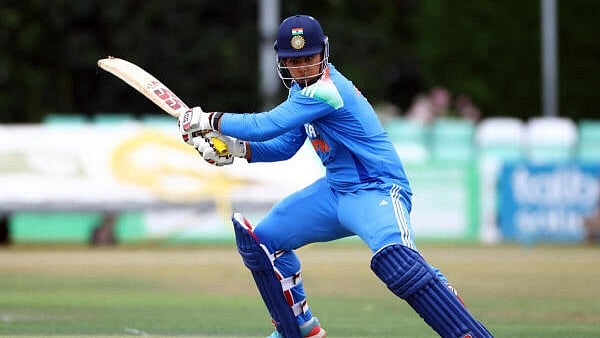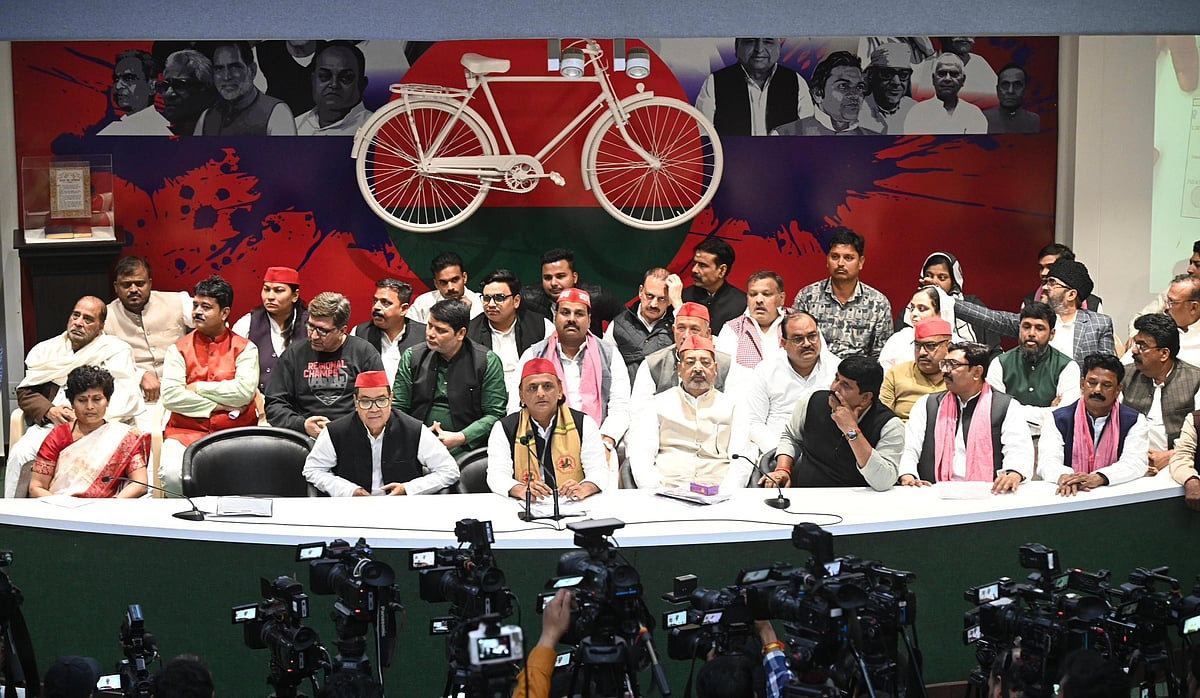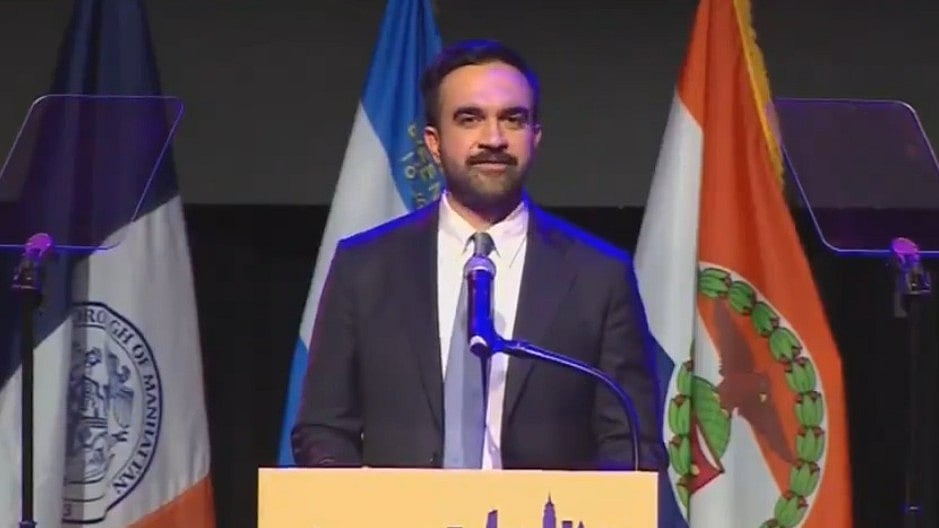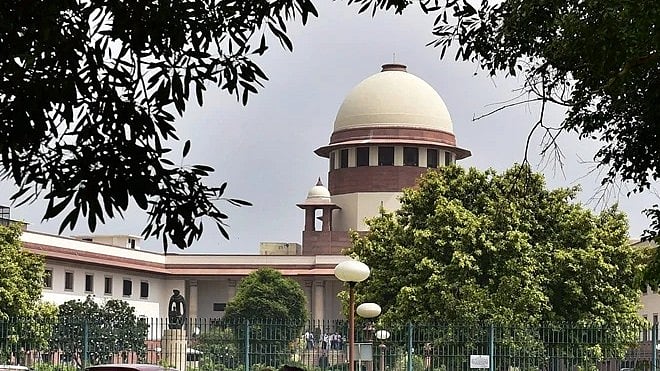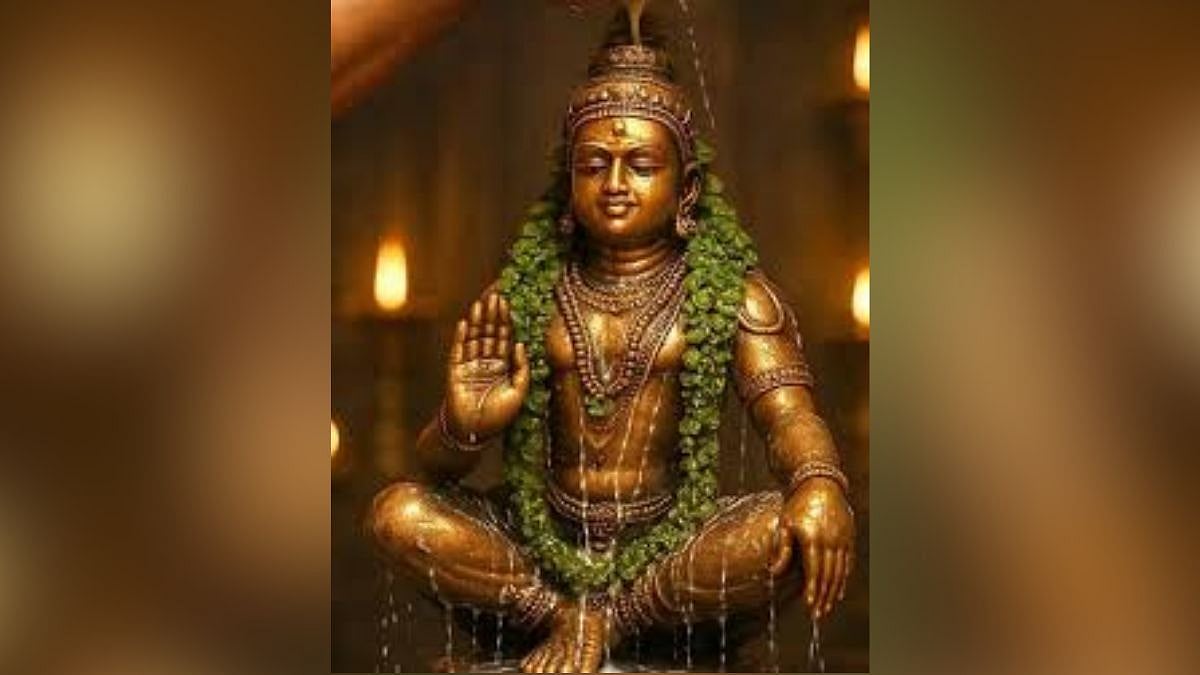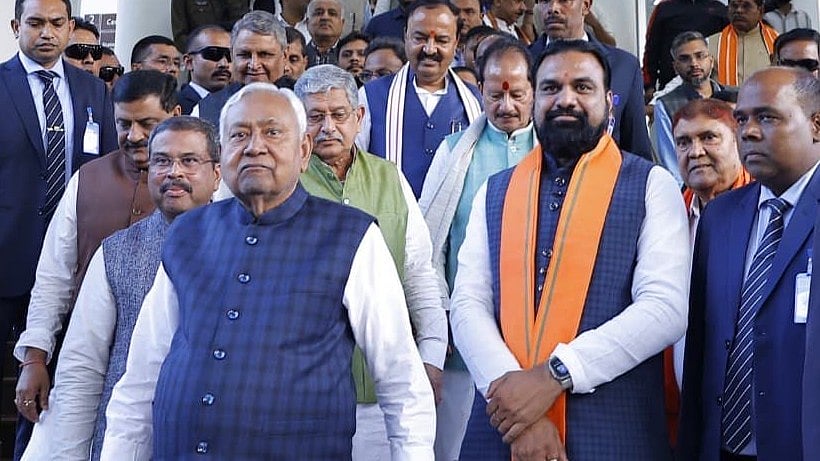Indo-Canada relations, often on steady ground, get rattled once in a while by the thorny issue of Khalistan. Though the movement for separate Khalistan died in India a long time ago, it is rather alive in Canada. On Monday, 29th April, India summoned the Canadian deputy high commissioner after slogan in support of a Sikh homeland were reportedly raised at an event addressed by none other than Mr. Justin Trudeau [52], the Prime Minister of Canada.
On Saturday, 13th April, tens and thousands of people had gathered in Toronto to mark the occasion of Baisakhi, a harvest festival celebrated by the people of North India. Trudeau was present on this occasion and slogans supporting the separatist state of Khalistan was raised. He was greeted with shouts of ‘Khalistan Zindabad’ from some elements in crowd, and those chants were repeated when he completed his brief speech. There were also ‘Modi wanted’ banners.
Not only this, the wire agencies quoted Trudeau as saying ‘We will always be there to protect your rights and your freedoms, and we will always defend your community against hatred and discrimination.’ This is nothing but ‘vote bank politics’ Canada-style. The venue was decorated with numerous Khalistani pennants and signs that attacked the Indian government and officials.
The Sikhs for Justice [SFJ] which has been declared a terrorist group by India, announced at the event that it will hold the next phase of its so-called ‘Khalistan Referendum’ in Calgary on July 28. SFJ leader Gurpatwant Pannum, also declared a terrorist by India, described Trudeau’s speech as ‘reassuring’ and said the referendum will be dedicated to Nijjar. A huge banner at the venue identified PM Narendra Modi, defence minister Rajnath Singh and external affairs minister S Jayshankar as ‘Nijjar’s killers’.
The development came against the backdrop of the strained relations. Bilateral diplomatic relations between the two countries soured last year after Trudeau said Canada was ‘actively pursuing credible allegations that Indian agents were potentially linked to the June 2023 murder of a Sikh leader who was a Canadian citizen. Back then India took strong objections to this and Trudeau had to beat a hasty retreat. Now almost a year later, the issue is back with a vengeance.
The statement by the External Affairs Ministry was very categorical. It said ‘This illustrates once again the political space that has been given in Canada to separatism, extremism and violence. Their continued expression not only impact Indo-Canada relations but also encourage a climate of violence and criminality in Canada to the detriment of its own citizens.’ Strong words indeed!
Historically India and Canada have been friends sharing values democracy, human rights and the rule of law. But the Khalistani movement which emerged in India in the 1970s and early 1980s created tensions. The demand for the creation of a separate Sikh homeland within India died down in due course but it is kept alive in Canada. Though the previous Canadian governments suppressed these elements operating from the soil of Canada, it has recently gained momentum.
It should be recalled that in 2018 Trudeau’s Liberal Party shepherded a resolution in the Ontario provincial legislature calling the 1984 anti-Sikh violence ‘genocide’; he went on to attend a rally in Toronto organized by Khalistani groups. All these was and is unacceptable to India. Canada has a strong Indian Diaspora, especially from Punjab. In the general elections held in 2019, in the house of 338 seats, 23 are Indian-born Canadians. In federal ministry sworn in 2015, there were four Sikhs as ministers including defence minister Harjat Sajjan.
Since last year, the death of Hardeep Singh Nijjar, a Sikh separatist leader, has been a bone of contention. In June 2023, Nijjar was fatally shot in British Columbia, Canada. Trudeau subsequently accused India of involvement in Nijjar’s murder, a claim vehemently denied, and dismissed is as ‘absurd’. These allegations significantly strained relations between the two countries.
These are indeed tough days for Canadian diplomacy. It has been at odds with the emerging super power, China. Some time ago, Canada arrested a well-connected Chinese executive in response to a US extradition request. China retaliated by arresting two Canadians on trumped up charges, holding them for almost three years until a solution was worked out. In fact like many others, Canada too saw India as a counterweight to China in its 2022 Indo-Pacific Strategy. Now Canada will need to concentrate on other fast-growing economies in and around the region. Taken together with Canada’s support for the war in Ukraine, Canada is now at odds with three global powers: China, India, and Russia. This is not a good place to be and Canada will need to reconfigure its foreign policy approach for this new state of affairs.
Canada has a large Sikh population-almost 8,00,000 out of 13 Lakhs immigrants from India. The question of Sikh separatism has a history in Canada. In 1985 an Air-India flight from Montreal to Mumbai was blown by Sikh extremists, and only one individual was ever prosecuted. India is currently governed by the BJP who view Sikh activism through a counter-terrorist lens, while Canada sees the issue in terms of the free expression of political views by a valued minority community.
The Khalistan affair also demonstrated the reality that, as a country of immigrants, Canada imports exiles’ politics, and with it the reactions of their home countries. Hardeep Singh Nijjar, originally from India, had been an activist in the cause of Sikh independence and according to Indian authorities once had been involved in terrorism. If this is the case, Canada needs to reckon with India’s concerns. The Trudeau government does not seem to be interested in India’s worries, interested as it is in the vote-bank politics. Let India be ready for such incidences in future.
The author, Prof. Avinash Kolhe is a Mumbai-based retired professor of Political Science

